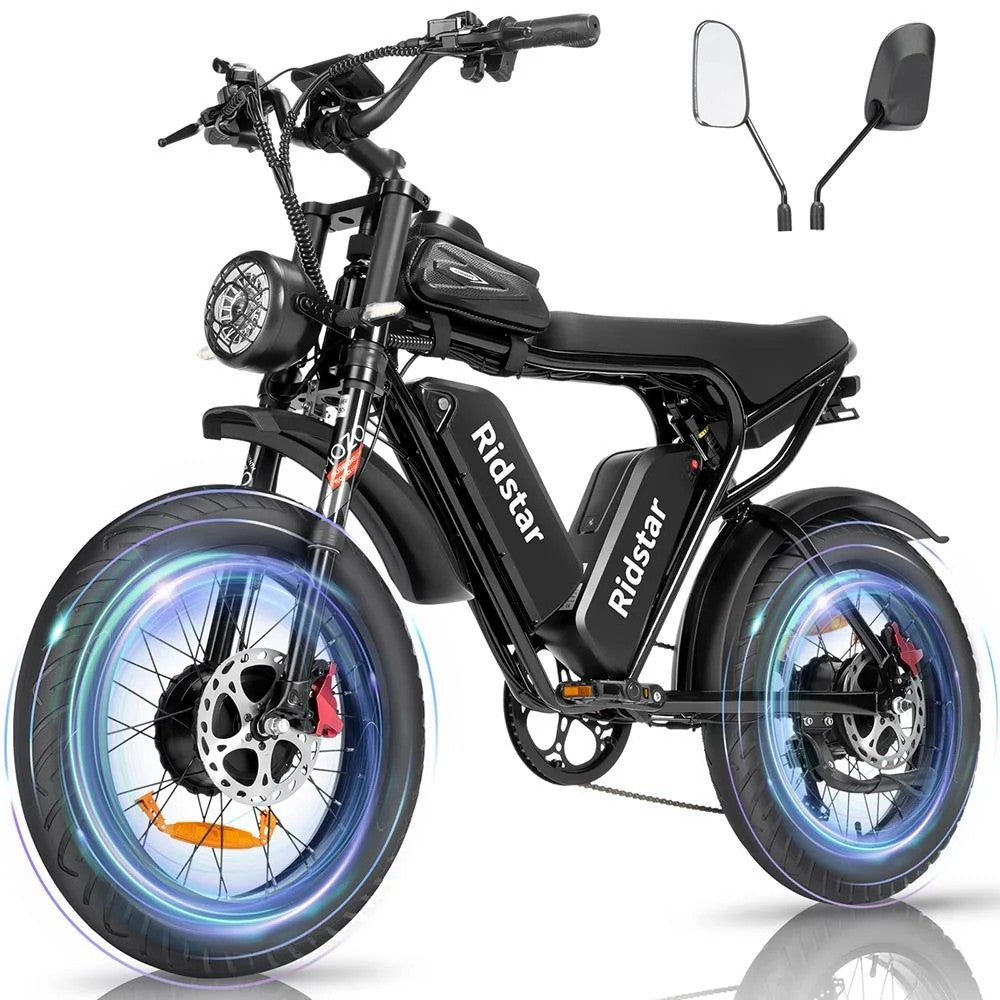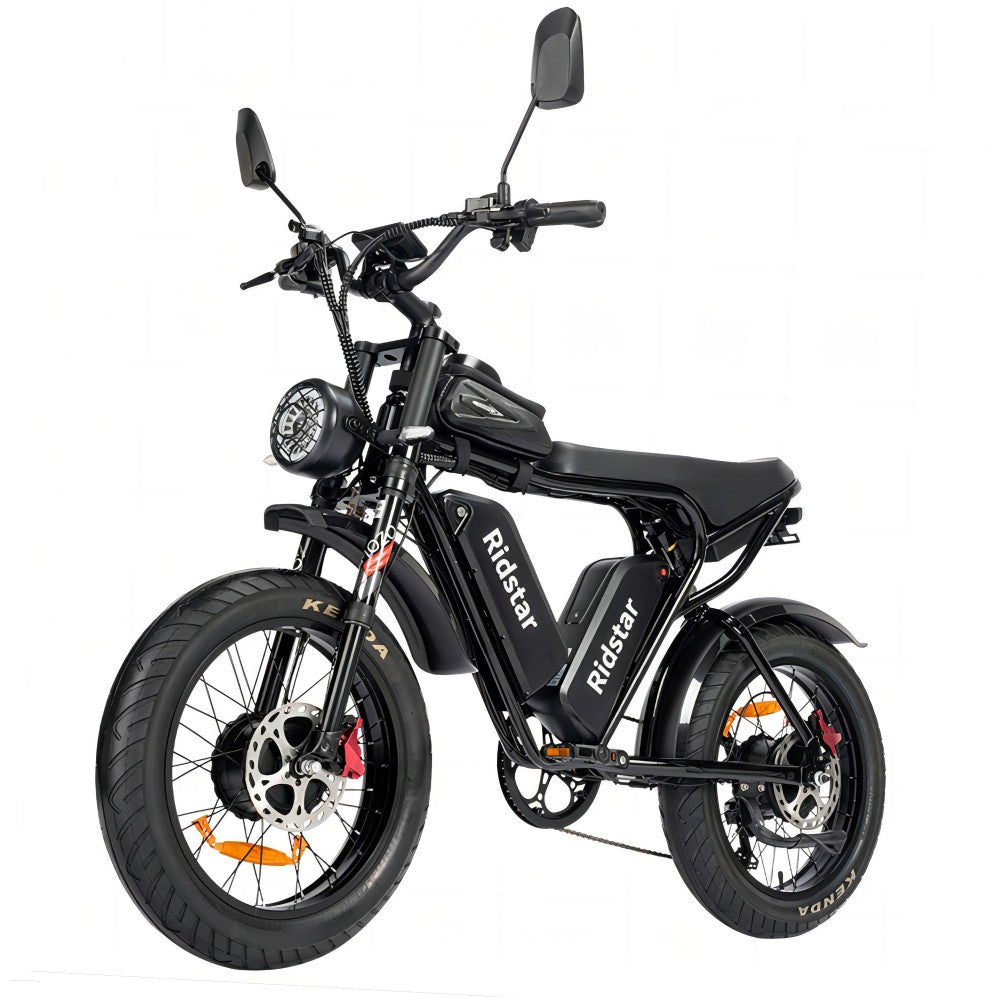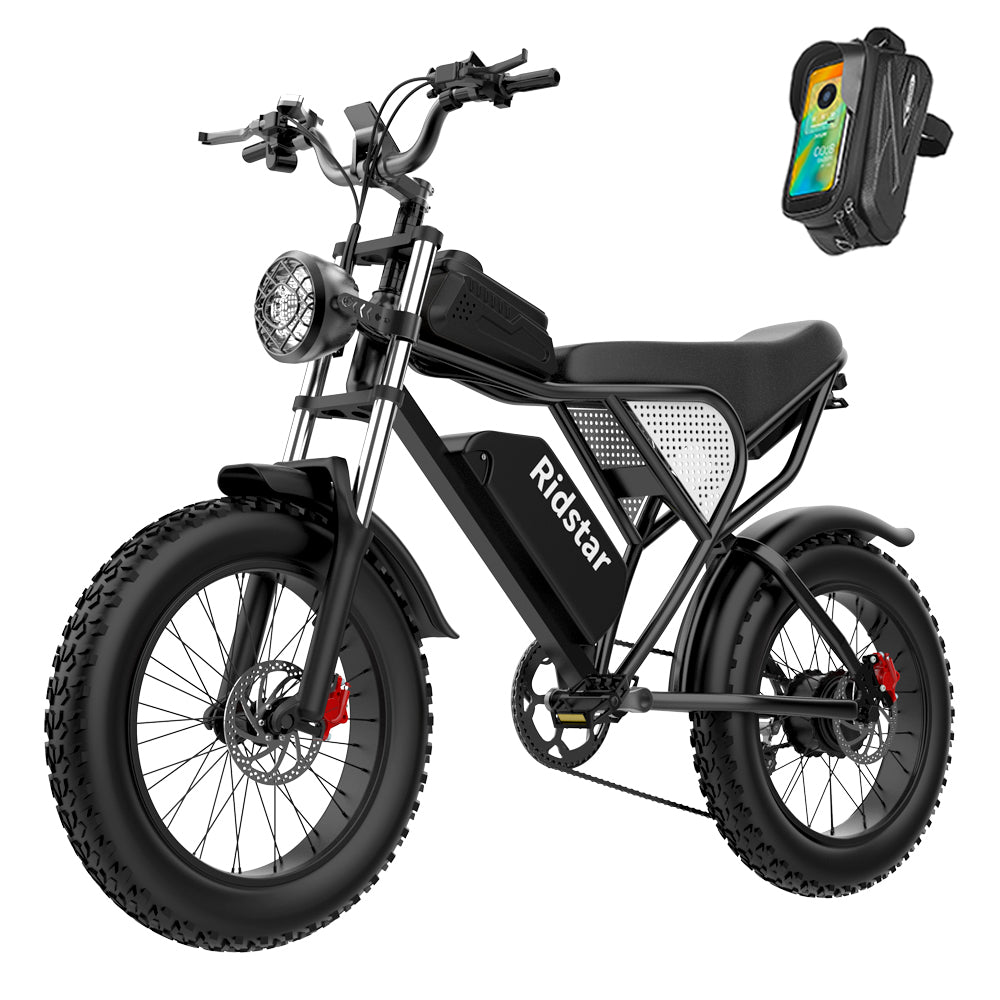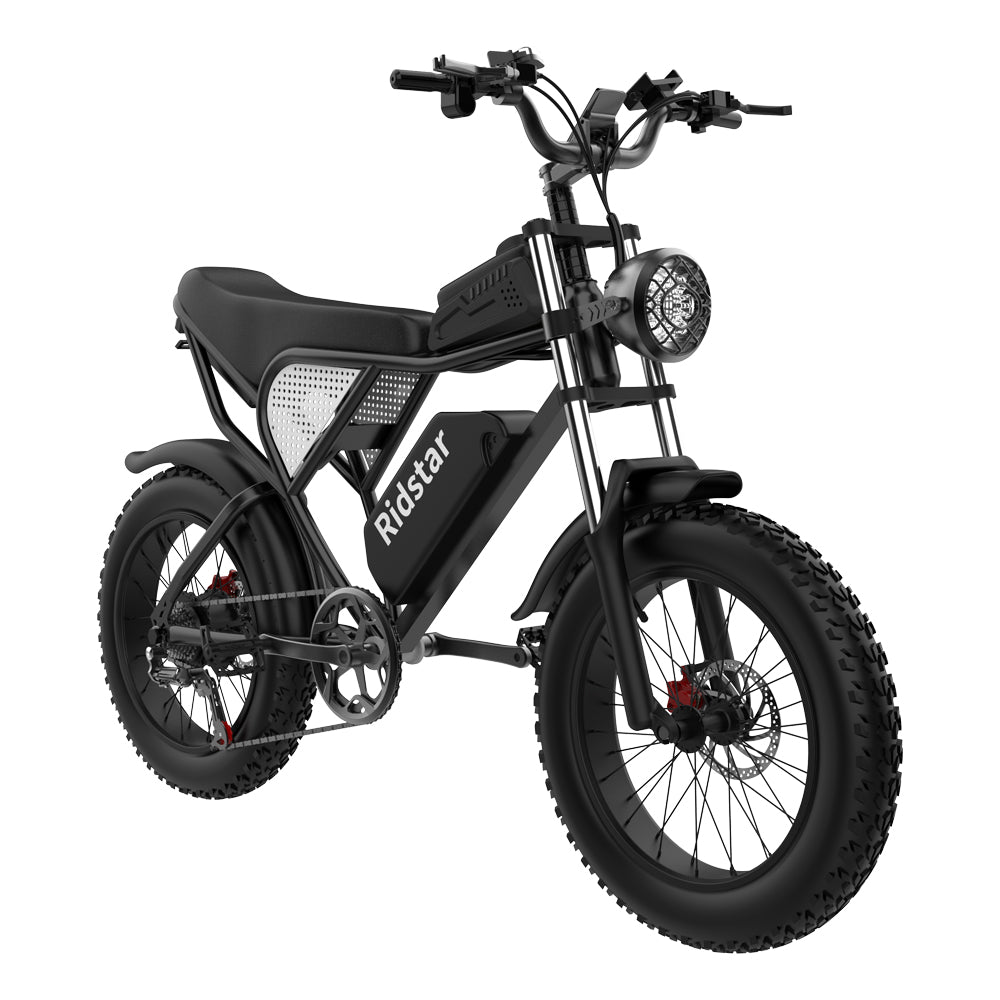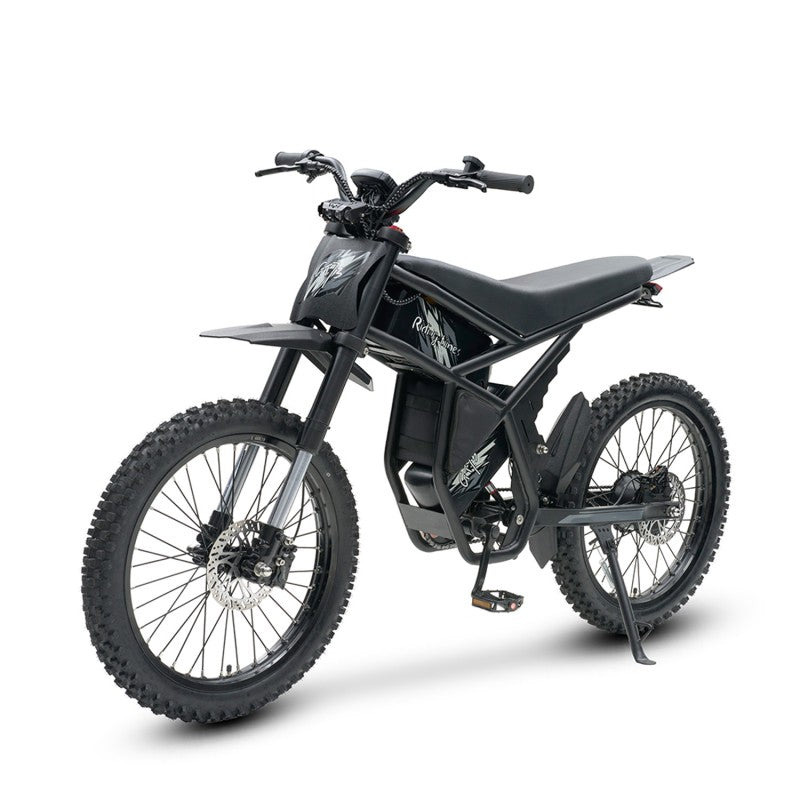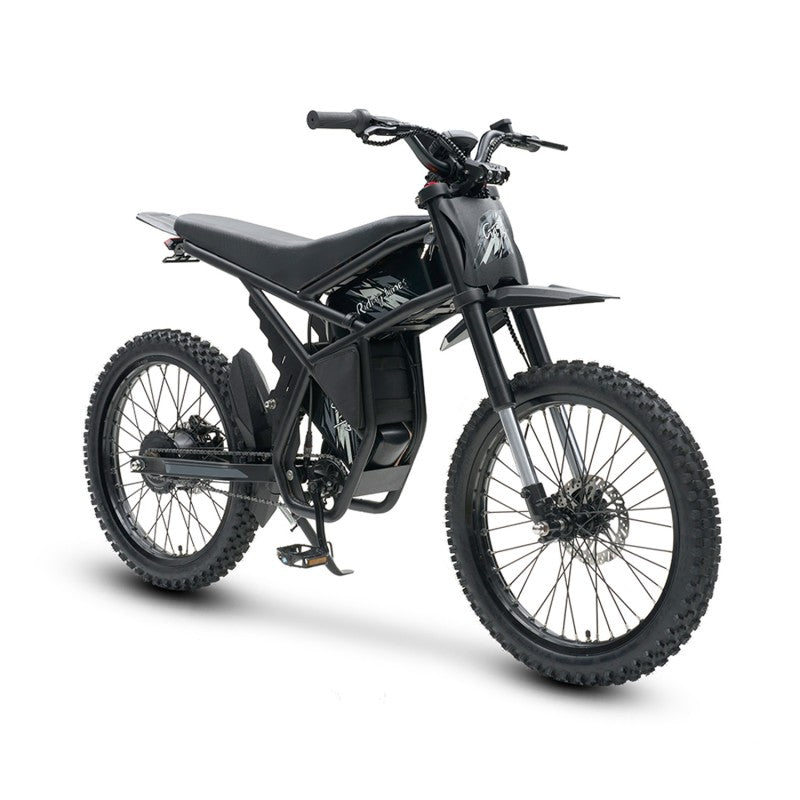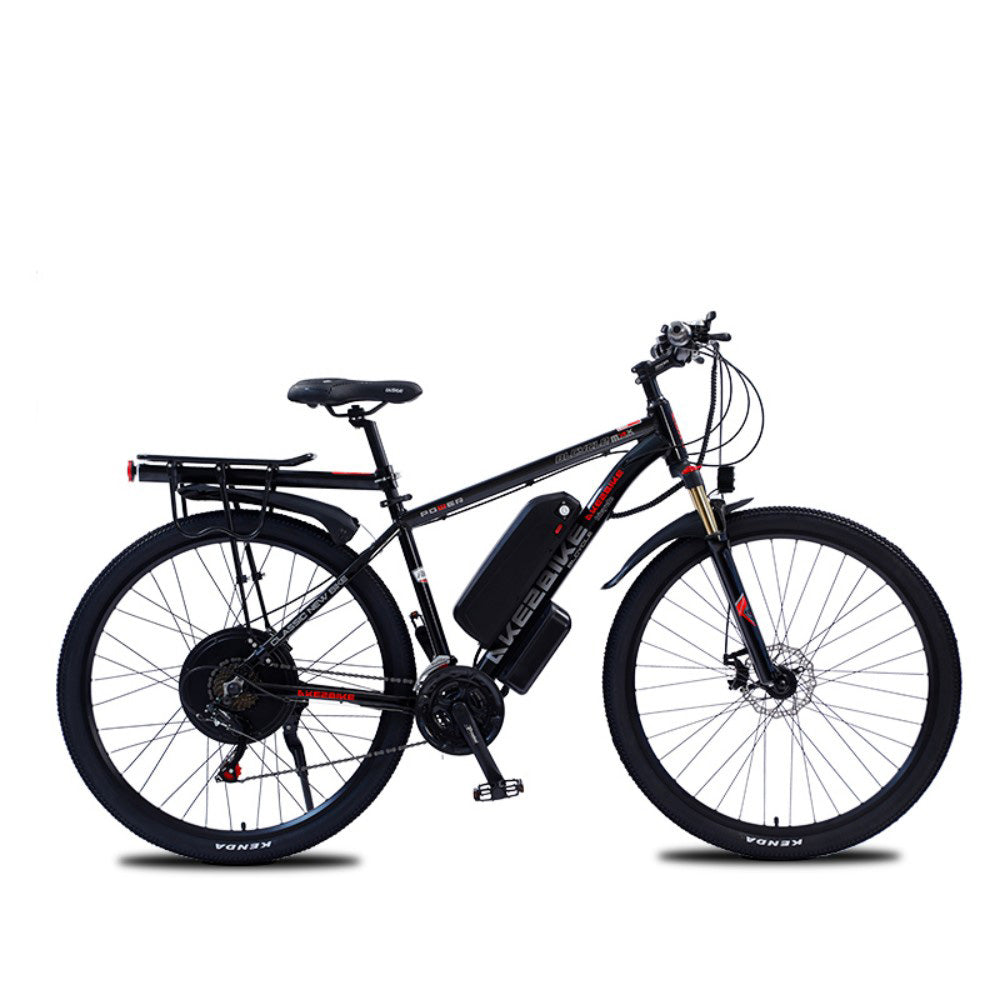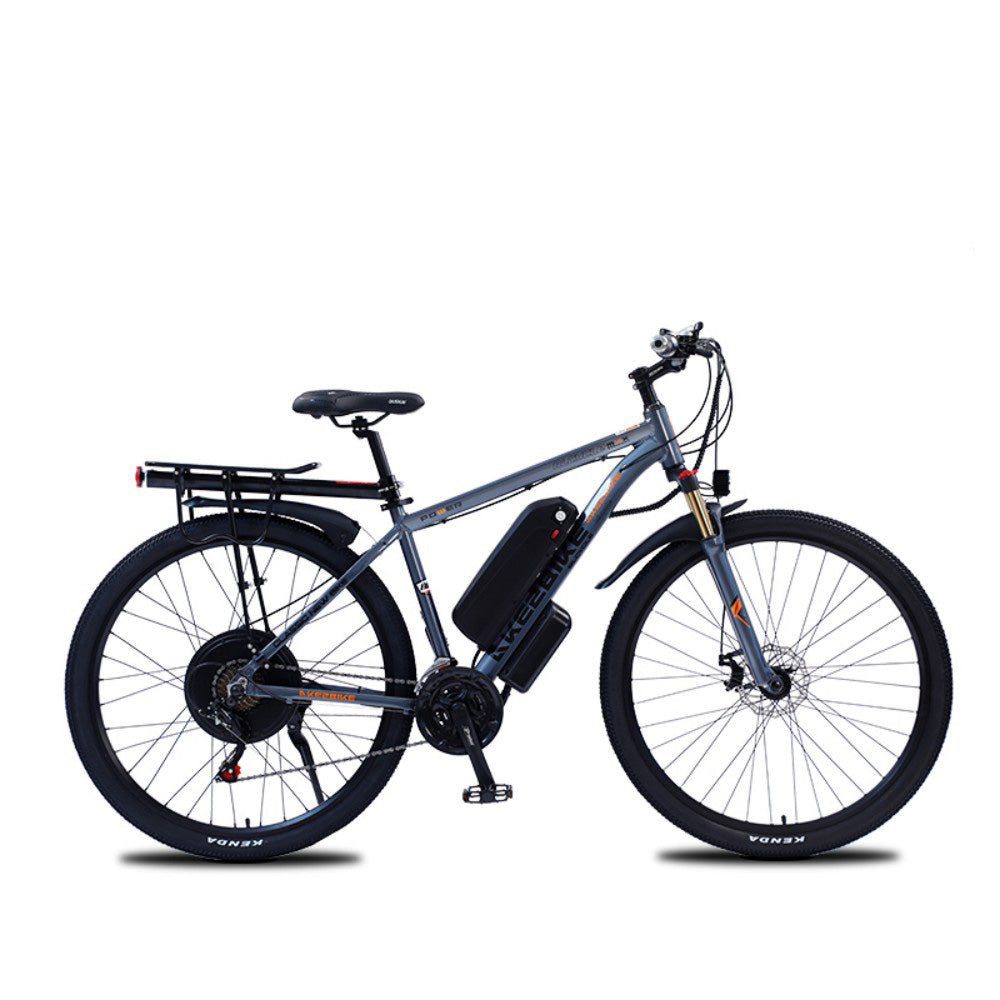Europe’s electric bike (e-bike) regulation framework has entered a period of deep division, as two major industry organizations — Germany’s ZIV (Bicycle Industry Association) and LEVA-EU (Light Electric Vehicle Association) — hold fundamentally different views. The European e-bike standards body, CEN/TC 333, is now the center of a growing dispute over proposed new regulations.
ZIV announced that more than 80% of its member companies support the proposed technical parameters, emphasizing that e-bikes must remain bicycles both technically and legally. Most global bicycle manufacturers and 13 drive system producers have been directly or indirectly involved in the discussions through their German and European representatives.
In ZIV’s April publication “E-Bikes – Active Mobility as a Success Factor”, the organization proposed new technical limits for EPACs (Electrically Power-Assisted Cycles), including restrictions on assistance ratio, peak power, and vehicle weight. If adopted, many e-bikes would fall under the EU Regulation No. 168/2013, which governs the more complex L-category vehicle certification system.
LEVA-EU strongly opposes these proposals. The association argues that if ZIV’s plan is approved, many e-bikes currently outside the 168/2013 framework would be forced into an expensive and inappropriate legal category. This would, in practice, exclude seniors, people with disabilities, and weaker riders who rely on accessible EPACs for independent mobility.
Competing Views on What Drives Europe’s E-Bike Success
ZIV claims that e-bikes owe their success to both technological progress and appropriate regulation. It insists that the “pedal-to-go” principle must be preserved. ZIV’s technical expert, Tim Salatzki, stated:
“Our goal is not to block innovation or entrepreneurship but to ensure e-bikes remain freely usable without the burden of insurance plates, licenses, or infrastructure limits.”
ZIV seeks to clarify regulatory grey zones and prevent extreme cases from undermining the system.
LEVA-EU counters that e-bike success stems from equal road rights and usage conditions granted across member states, not from restrictive technical laws. Managing Director Annick Roetynck argues:
“Technical legislation should not dictate user behavior by limiting parameters such as riding style.”
She also noted that ZIV failed to explain why other vehicle types — like electric scooters, 25 km/h and 1 kW L1e-A cycles, and even some speed e-bikes — are allowed to share the same traffic rights as bicycles in countries like Belgium.
The Debate Over Technical Neutrality
LEVA-EU criticized the current system for lacking technical neutrality, citing the arbitrary distinction between 250W and 300W e-bikes that leads to different certification pathways and stifles innovation and competition.
If ZIV’s stricter standards are adopted, only e-bikes meeting the following conditions would be exempt from L-category approval:
-
Max continuous rated power: 250W
-
Max pedal-assisted speed: 25 km/h
-
Max assist ratio: 4
-
Peak power: 750W
-
Max weight: 250 kg (two-wheel) / 300 kg (three or more wheels)
This could exclude many cargo e-bikes and other higher-powered or specialized models.
ZIV responded that cargo bikes exceeding 300 kg have different riding and risk characteristics and should not be treated the same as regular bicycles. The group advocates for a separate “cargo bike” category with tailored regulations and support measures to promote responsible growth.
LEVA-EU, meanwhile, insists that the core goal of technical regulation should be product safety and fair market access, not behavioral control. The group suggests using fiscal incentives and infrastructure policies to promote green mobility rather than distorting markets through restrictive technical rules — warning that doing so could marginalize many practical light electric vehicles.









